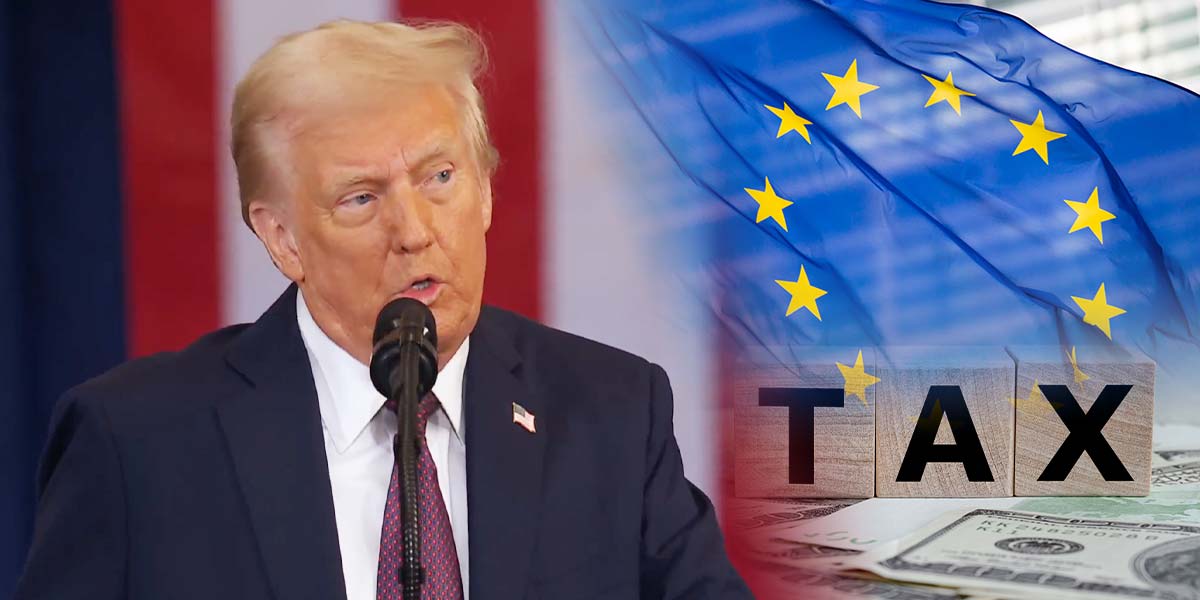The Trump administration has officially enacted the U.S.-EU trade agreement, reducing tariffs on European automobiles and auto components from 25% to 15% as of August 1, 2025.
The move, detailed in a Federal Register notice by the Department of Commerce and the office of the U.S. Trade Representative, formalizes a framework agreed upon in July that lowers import duties on most goods coming from the European Union, notably autos.
While the tariff rate change had been announced previously, European carmakers had awaited official U.S. confirmation to finalize their supply chain plans. The implementation makes the new rate retroactive to the beginning of August.
The notice also outlines a broad range of tariff exemptions for EU imports, spanning hundreds of products. Exempted goods include all types of aircraft, aircraft parts, generic pharmaceuticals, and their related chemicals and ingredients. Additionally, the U.S. listed several industrial raw materials and electronic components crucial for aircraft manufacturing, such as graphite, nickel, magnesium, rare earth elements, and other metals as being excluded from the new duties.
The agreement introduces flexibility for sectors depending on specialized imports with limited domestic availability, such as cork, which remains duty-free due to its scarcity in the U.S.
The trade deal has been viewed as a relief for the automotive industry, which had expressed concerns over prolonged uncertainty regarding tariff schedules and sourcing strategy adjustments.





